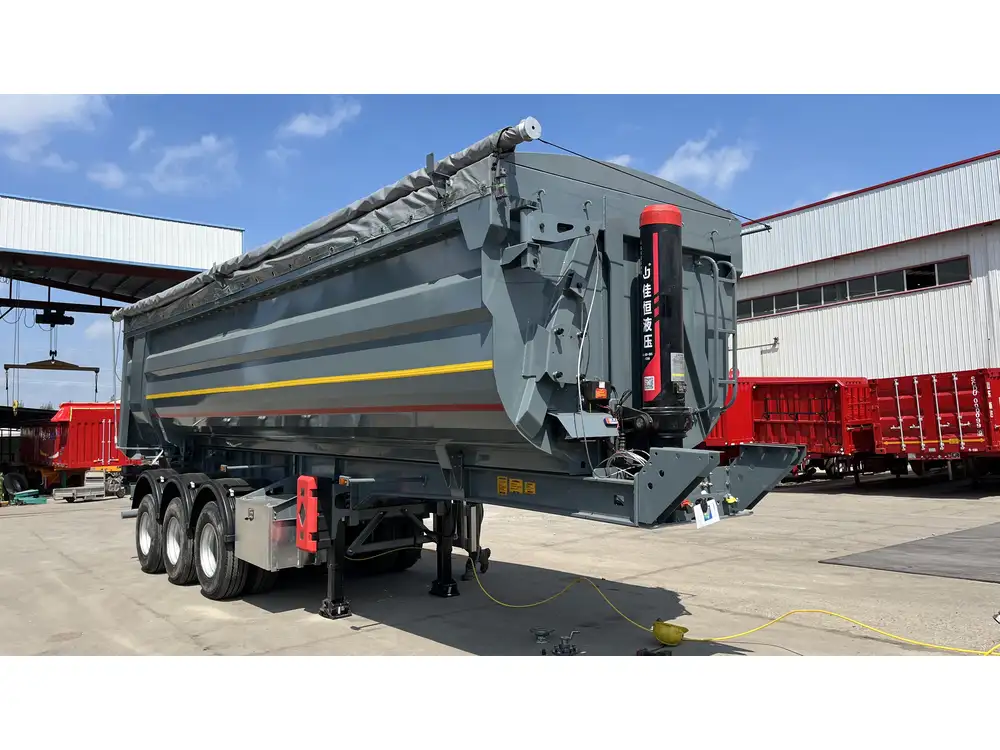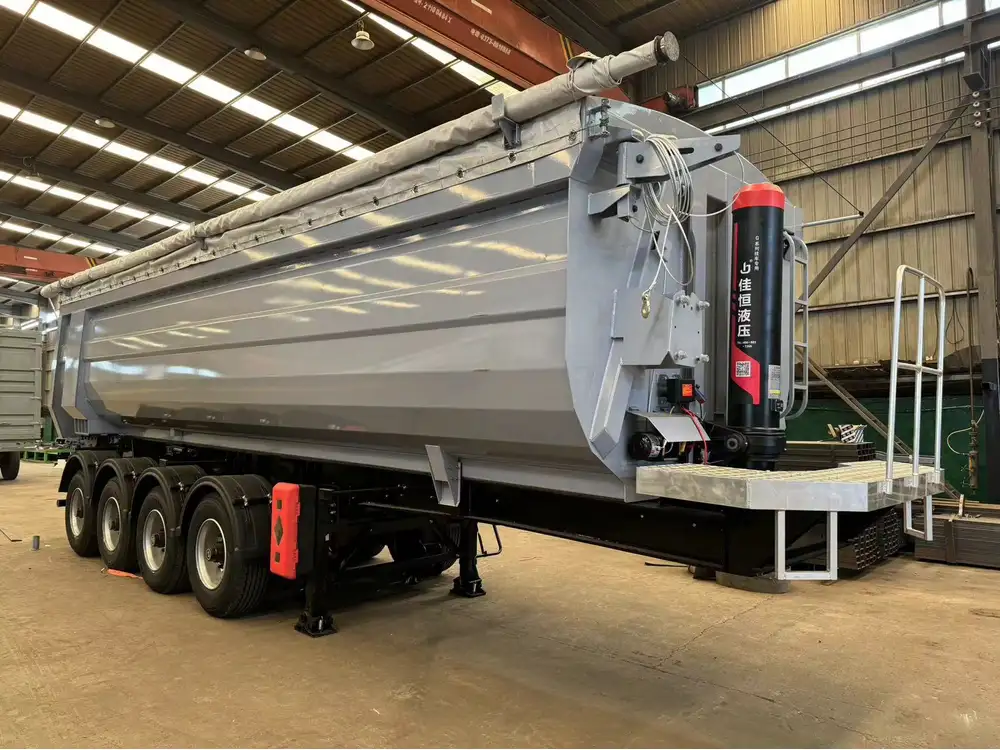When considering the logistics of transporting vehicles across long distances, the question inevitably arises: does U-Haul ship cars? This inquiry leads to a myriad of considerations, from understanding the logistical framework to evaluating the costs and resources involved. In this comprehensive guide, we’ll dissect all aspects of U-Haul’s vehicle transportation services, providing potential customers with the necessary insights to make informed decisions.
Overview of U-Haul’s Vehicle Transportation Services
U-Haul is primarily known for its truck and trailer rental services, aimed at facilitating DIY moves across municipalities and states. Yet, when it comes to vehicle transportation, U-Haul offers specific solutions tailored for those needing to move a car, especially between locations where conventional driving isn’t feasible or desirable.
Types of Vehicle Transport Services Offered by U-Haul
- Auto Transport Trailers: U-Haul provides high-quality car trailers designed for safe and secure vehicle transport, available in both tow-behind and flatbed options.
- Tow Dolly: This is an economical solution for transporting front-wheel-drive cars. The rear wheels stay on the ground, and the front wheels are securely mounted on the dolly.
- Self-Moving Options: For those preferring to self-select their moving methodologies, U-Haul allows customers to rent a truck and attach a trailer or tow dolly, which offers greater control over the transport process.

Essential Considerations When Using U-Haul for Vehicle Transport
Utilizing U-Haul for shipping cars does not come without its own set of challenges and considerations. Below are some quintessential aspects to evaluate:
Cost Factors
| Service Type | Estimated Cost Range | Additional Fees |
|---|---|---|
| Auto Transport Trailer | $50 – $100/day | Environmental fees, Mileage fees |
| Tow Dolly | $40 – $80/day | Additional insurance if necessary |
| Fuel Costs | Varies, based on distance | Depends on towing vehicle’s fuel efficiency |
By understanding these costs, customers can plan their budgets more effectively. Keep in mind that costs can vary based on location, demand, and time of the year.
Insurance Coverage
While U-Haul offers basic insurance coverage with each rental, it’s essential to delve into the specifics. Generally, the coverage includes:
- Limited Damage Waiver (LDW): Reduces your financial responsibility if the vehicle gets damaged. It does not cover personal items inside the vehicle.
- Supplemental Liability Coverage: Provides additional liability protection in case of an accident.
Customers are encouraged to review their current auto insurance policies, as they might already extend coverage for towing and transport activities.

Preparing Your Vehicle for Transport
Prior to attempting to ship your car with U-Haul, it’s critical to adequately prepare the vehicle. Here’s a structured checklist:
- Clean the Vehicle: A thorough cleaning helps assess any pre-existing damages that may need to be noted.
- Document Current Condition: Take clear photographs from multiple angles to document your car’s condition.
- Remove Personal Items: Clear any belongings inside the car as U-Haul does not take responsibility for lost items.
- Check Fluid Levels: Ensure the oil, coolant, and other fluids are at optimal levels to avoid issues during transit.
- Inspect Tires: Tires need to be inflated properly and in good condition for a safe and smooth towing experience.
By adhering to this checklist, users can mitigate the risk of potential issues that may arise during transport.
FAQs About U-Haul’s Car Shipping Services
Can I Ship Multiple Cars with U-Haul?
U-Haul does not specifically provide shipping services for multiple vehicles at once. However, customers could rent multiple trailers or tow dollies, depending on availability.

What if My Car Is Not Running?
For non-operational vehicles, U-Haul’s auto transport trailers are equipped for loading inoperable vehicles. Service personnel are available at most locations to assist in this process.
Are There Weight Limits for Towed Vehicles?
Yes, U-Haul has weight restrictions that vary by equipment type. Generally, the maximum weight for vehicles on a tow dolly is 4,900 lbs, while auto transport trailers have a maximum towing capacity of around 7,500 lbs.
Conclusion: Is U-Haul the Right Choice for Vehicle Transport?
U-Haul presents an array of options for individuals looking to transport vehicles, whether for relocation or sale. The self-move aspect provides flexibility and cost savings for those comfortable towing their cars. By evaluating the considerations, assessing costs meticulously, and preparing vehicles appropriately, one can significantly enhance the experience of using U-Haul’s services.
In summary, while U-Haul does not ship cars in the traditional sense — wherein they transport vehicles using their own trucks from point A to B — they facilitate the process through well-structured rental options that allow users to manage their vehicle transportation effectively. For individuals or businesses weighing their vehicle transport options, understanding the nuances of U-Haul’s offerings can lead to successful relocations without unwarranted stress.



